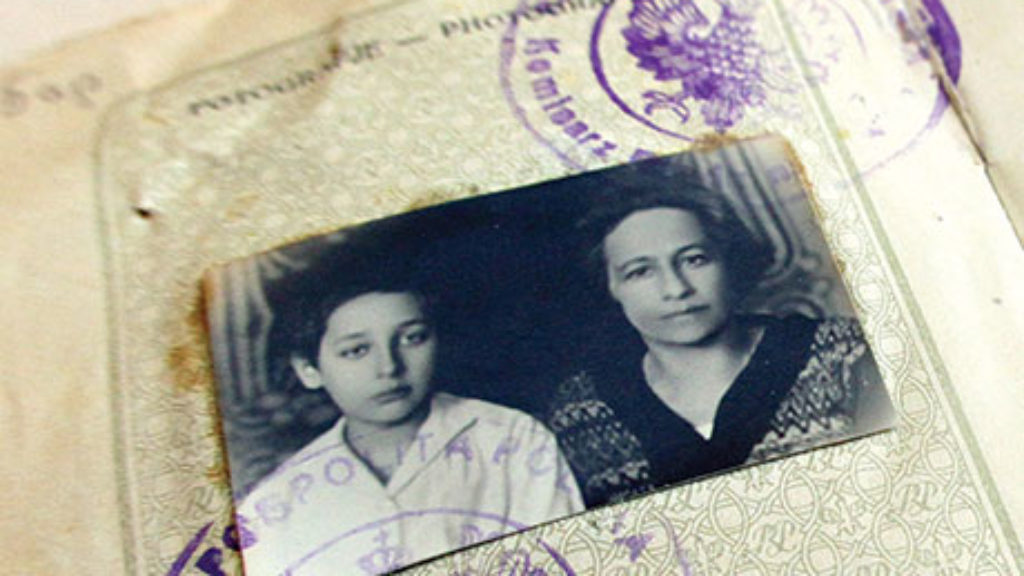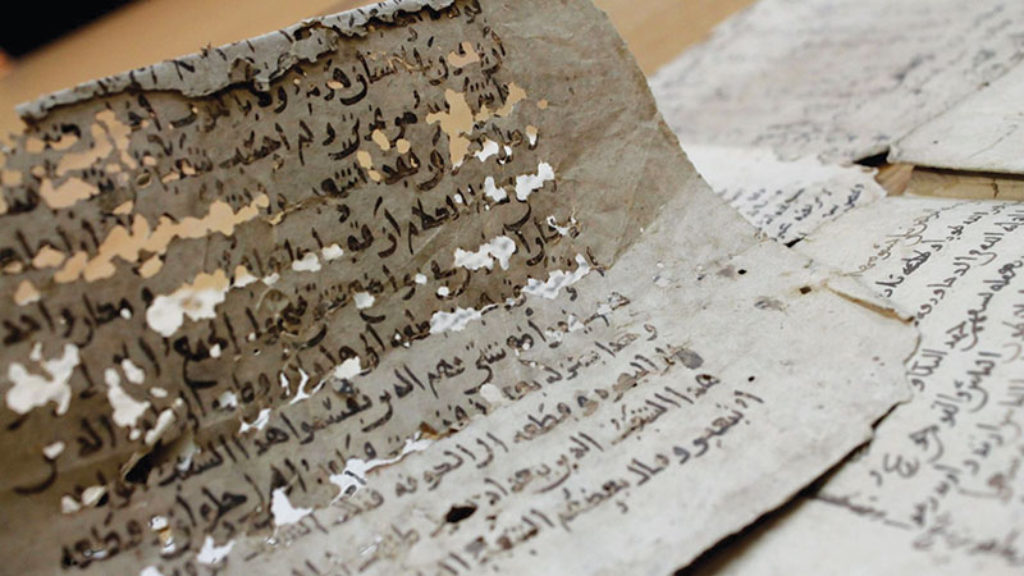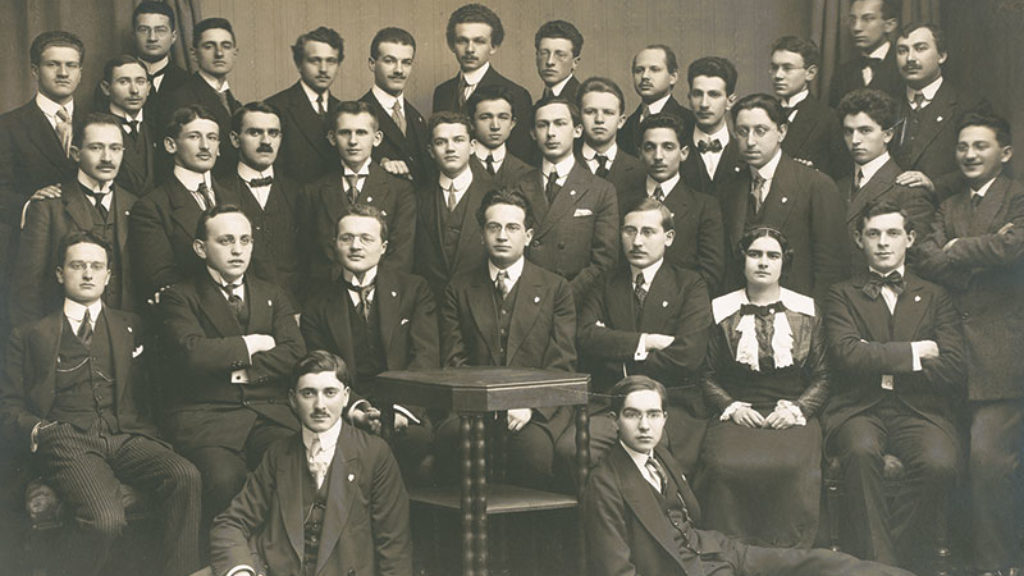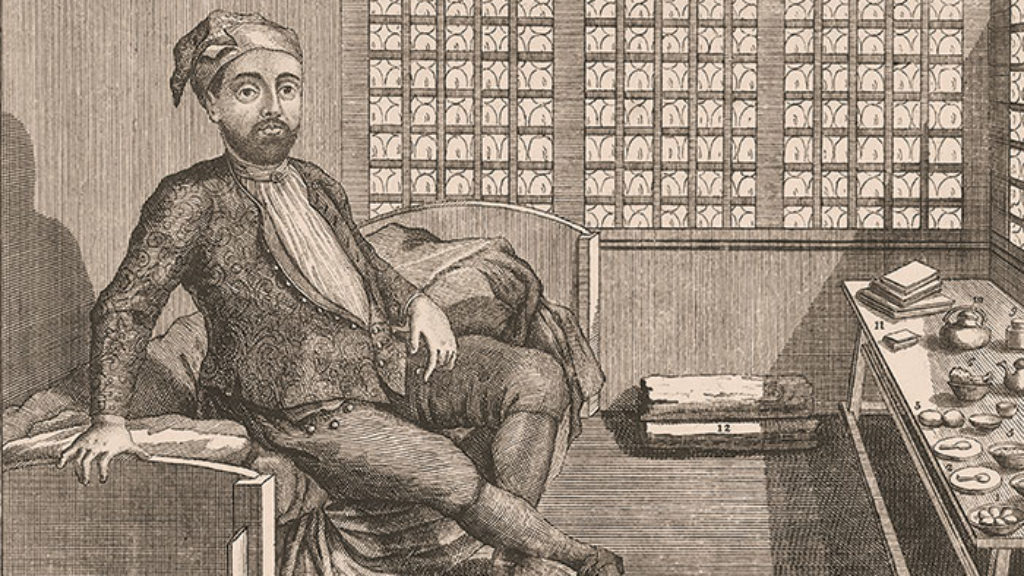The Last Bedtime Story: Roz Chast’s Sort-of Tour Guide
Realizing that her daughter knows nothing of the urban wilderness her mother once inhabited, Roz Chast takes it upon herself to bequeath her accumulated wisdom in the method most natural to her, a comic book.

The Many Dybbuks of Romain Gary
Romain Gary—a Lithuanian Jew who regarded himself a Frenchman par excellence—emerges in a recent memoir as a master of self-invention and (just as immoderate) verbal invention, a chameleon of pseudonyms, a man of irreconcilable contradictions, divided against himself.
The Modern Crisis of Moral Thought: An Exchange
Abraham Socher's pre-Yom Kippur assessment of the possibility of true repentance led to a discussion on the mussarist's answer (or non-answer) on moral choices.
The Ruined House (An Excerpt)
In 2014 Ruby Namdar won the prestigious Sapir Prize for his novel Ha-bayit asher necherav, the first time in the award’s history that it went to a writer not living in Israel. On November 7, 2017, Harper released it under the title The Ruined House: A Novel, in an English translation by Hillel Halkin. The Jewish Review of Books is pleased to present this excerpt from the novel’s opening.

Afghan Treasure
Sometime in the 11th century, a distraught, young Jewish Afghan man named Yair sent a painful letter to his brother-in-law. Life had dealt Yair a tough hand, or maybe it was just his own bad choices.
Businesswomen Before Bar Kokhba
Why did a Jewish woman living 30 years (around 135 C.E.) after a set of real estate contracts were executed and with no obvious connection to the named parties have them in her satchel when she fled Ein Gedi?
Distant Cousins
None of these four novels by American Jewish writers is fully at home in Israel—they’re more like Mars orbiters than rovers.

From the Great War to the Cold War
The facts of Hans Kohn’s life are so extraordinary that it almost seems as if the first half of one remarkable figure’s biography had been spliced together with another’s in the second part.
Is Repentance Possible?
And should we add a confession on Yom Kippur “for the sin of opening browser windows of distraction”? On Aristotle’s akrasia and Maimonides’s teshuvah.

Joseph the Righteous
But on the very night in 1737 that Joseph Süss Oppenheimer’s patron suddenly passed away, he, “his servants, and many other court officials were arrested, and soon a special inquisition committee was convened in order to investigate the court Jew’s ‘atrocious crimes.’”